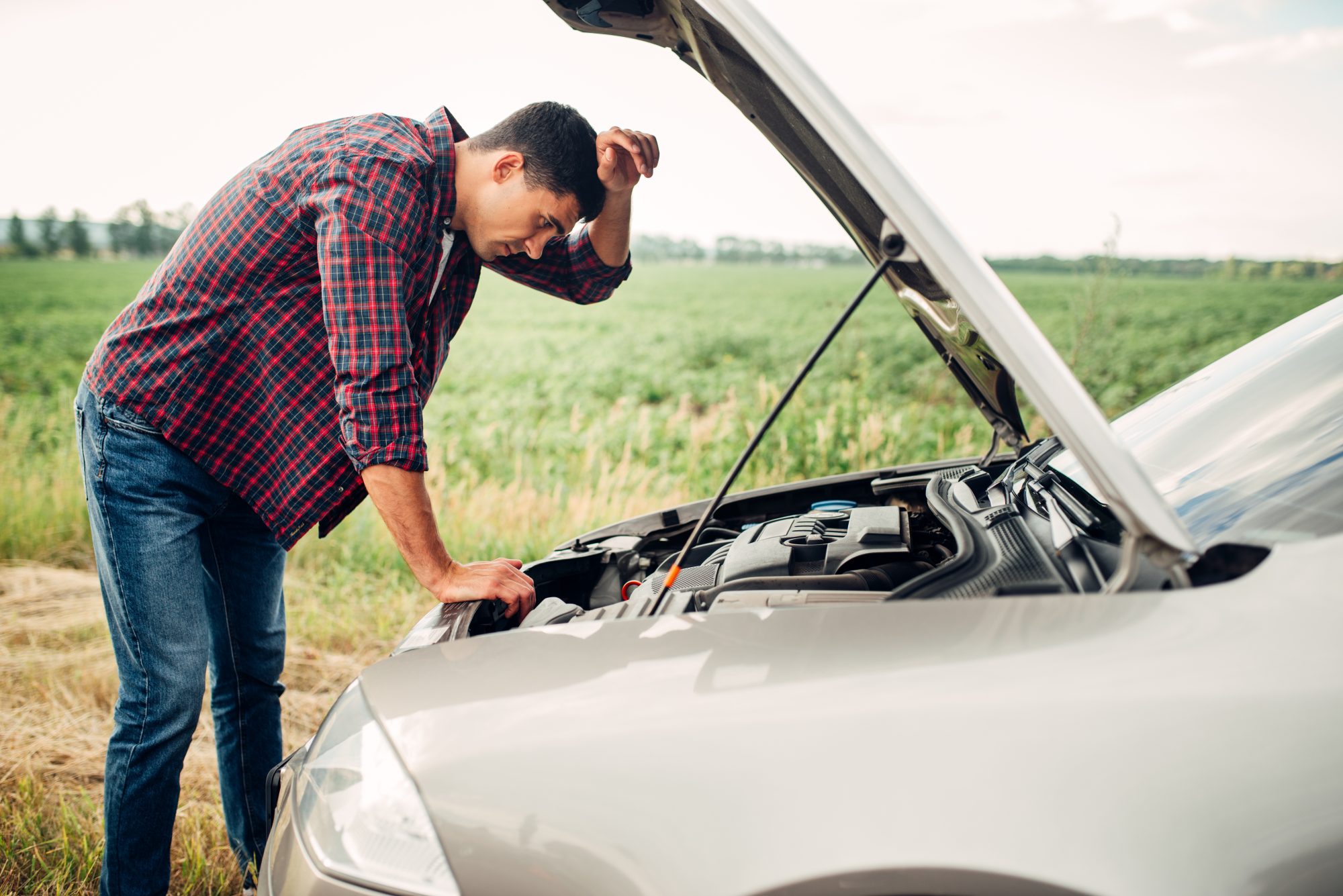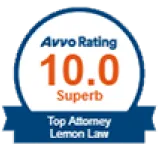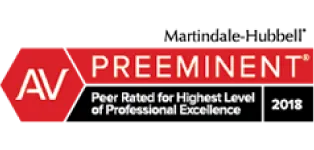1 The author testified at the legislative hearings leading to passage of the law.
2 MCL 257.1401(f). Motor homes, buses, trucks (other than pickups and vans), or vehicles designed to travel on less than four wheels are excluded.
3 MCL 257.1401(d).
4 MCL 257.1401(a)(i)-(iv). An express warranty extends to “any natural person who is in the family or household of his buyer.” MCL 440.2318.
5 MCL 257.1402.
6 MCL 257.1403(5).
7 MCL 257.1403(6).
8 MCL 257.1403(1). It is up to the consumer whether to elect a refund or replacement. If the vehicle was leased and the consumer agrees to a replacement, “the lease agreement shall not be altered except with respect to identification of the vehicle.” MCL 257.1403(1)(b).
9 MCL 257.1403(5)(a) and (b).
10 MCL 257.1407(2).
11 See, Jordan v. Transnational Motors, 212 Mich App 94; 537 NW2d 471 (1995) (failure of district court to award market rate fees under remedial statute abuse of discretion).
12 481 Mich 519; 751 NW2d 472 (2008); see, Kennedy v. Robert Lee Auto Sales, 313 Mich App 277; 882 NW2d 563 (2015), applying Smith, and noting in footnote 15 that “there is a punitive nature to the award of attorney fees,” and “although the statutes are designed to protect consumers, the award of attorney fees acts, in some ways, as a penalty against those who have violated the respective acts.”
13 MCL 257.1404.
14 15 USC 2301, et seq.
15 15 USC 2310(d)(1).
16 See, e.g., Lavene v. Winnebago Indus, 266 Mich App 470, 479; 702 NW2d 652, 657 (2005)(15 USC 2310(d)(2) pre-empts the RJA and authorizes the trial court to award costs that may not be taxable under the RJA).
17 Malkamaki v. Sea Ray Boats, Inc, 411 F Supp 2d 737, 743 (ND Ohio, 2005).
18 Cuesta v. Classic Wheels, Inc, 358 NJ Super 512, 522; 818 A2d 448, 454 (2003); Mercedes-Benz Credit Corp v. Lotito, 328 NJ Super 491, 510; 746 A2d 480, 490 (2000).
19 Discussed, infra.
20 See, UCC Art. 2 for purchased vehicles, MCL 440.2313 (express warranties), MCL 440.2314 (implied warranty of merchantability); Art. 2A for leased vehicles, MCL 440.2860 (express warranties) and MCL 440.2862 (implied warranties).
21 MCL 440.2608. “Substantial impairment” is a subjective test, to be measured from the point of view of the actual buyer, though the buyer must show that his or her assessment is factually correct. Colonial Dodge, Inc v. Miller, 420 Mich 452; 362 NW2d 704 (1984). There, the Court held that the buyer’s revocation based on lack of a spare tire (objective fact) was justified given the buyer’s fear of being stranded on the highway without a spare (subjective impairment).
22 MCL 440.2717 (sales); MCL 440.2958 (leases).
23 See, Kelynack v. Yamaha Motor Corp, USA, 152 Mich App 105, 115-116; 394 NW2d 17, 21-22 (1986), allowing recovery of attorney fees as a consequential damage and opining that “failure to award plaintiff attorney’s fees would in effect result in no remedy at all.”
24 MCL 257.1301, et seq. Prohibited practices are found in MCL 257.1337 through 257.1337f. It is also a violation of the MVSRA for a mechanic to depart from accepted motor vehicle industry standards. MCL 257.1313b.
25 MCL 257.1336.
26 MCL 257.1337(2).
27 See, Nelson v. Associates Financial Services of Indiana, 253 Mich App 580, 659 NW2d 635 (2002), lv den, 468 Mich 896, 661 NW2d 238 (Table) (2003) (violation of statute or regulatory scheme violates MCPA).
28 See, e.g., Mikos v. Chrysler Corp, 158 Mich App 781 (1987) (breach of implied warranty is a “failure to provide promised benefits” within meaning of Consumer Protection Act).
29 See, e.g., State Farm Mut Auto Ins Co v. BMW of North America, LLC, No. 08-12402, 2009 WL 2447612 (ED Mich Aug 7, 2009) (rejecting defense exemption argument based on NHTSA regulations).
30 The MCPA exemptions are contained in MCL 445.904, and the burden of proving an exemption is on the party claiming it. MCL 445.904(4). Most defendants rely on Liss v. Lewiston-Richards, Inc, 478 Mich 203; 732 NW2d 514 (2010) and Smith v. Globe life Ins Co, 460 Mich 446; 597 NW2d 28 (1999), to argue that having a license makes all of misconduct exempt so long as the license allows the general transaction at issue. That is not an accurate reading of these cases. See, e.g., Brownlow v. McCall Enters, 315 Mich App 103, 888 NW2d 295 (2016) (licensed residential contractor not exempt where conduct was using an ozone machine that damaged the consumer’s home, in that cleaning a home is not an activity subject to the contractor’s license); see also Gary M. Victor, “A Tiny Michigan Consumer Protection Act Victory – A Type of Case That Survives Smith,” Consumer L Newsl, June 2013, at 1-6; Baker v. Arbor Drugs, Inc, 215 Mich App 198; 544 NW2d 727 (1996) (holding pharmacy not exempt because regulation of pharmacies did not extend to advertising a computer system that would flag drug interactions); Attorney General v. Diamond Mortg Co, 414 Mich 603; 327 NW2d 805 (1982) (mortgage company not exempt because its real estate license did not specifically authorize the conduct plaintiff alleged violated the MCPA).
31 MCL 440.2804(1)(c) provides that “a lease, though subject to this article, is also subject to the Michigan consumer protection act” (cleaned up).
32 First of America Bank v. Thompson, 217 Mich App 581, 587, 552 NW2d 516, 520 (1996) (assignee bank “stands in the shoes of the seller, and is not simply a financing agent”).
33 16 CFR 433.2; MCL 492.114a(b).
34 Simpson v. Anthony Auto Sales, Inc, 32 F Supp 2d 405 (WD La 1998).
35 MCL 445.1579.
36 MCL 257.1403(5).
37 See, King v. Taylor Chrysler Plymouth, 184 Mich App 204, 211, 457 NW2d 42 (1990) (no particular words or form is required to give notice; filing of the complaint held to be sufficient notice under the UCC).
38 MCL 257.1405.
39 16 CFR 703.2(b).
40 16 CFR 703.1(h)(2)
41 See, e.g., Freas v. BMW of N Am, LLC, 320 F Supp 3d 1126, 1134 (SD Cal, 2018) (denying motion to dismiss MMWA claim where the manufacturer failed to make the requisite disclosures under 16 CFR 703.2(b) and had not made the disclosures “on the face of the warranty” as required by 16 CFR 703.1(h)(2).
42 Milicevic v. Mercedes-Benz USA, LLC, 256 F 2d 11680, 1175-76 (D Nev, 2003) (cleaned up).
43 Gen Motors Corp v. Dohmann, 247 Conn 274, 284; 722 A2d 1205, 1211 (1998).
44 200 Mich App 337, 503 NW2d 767 (1993), lv den, 445 Mich 880 (1994).
45 Id. at 342 (cleaned up).
46 Id.










